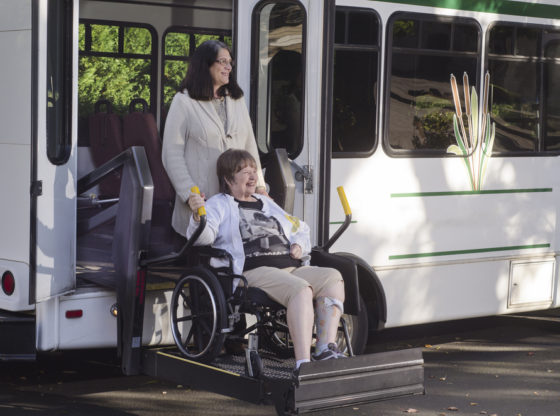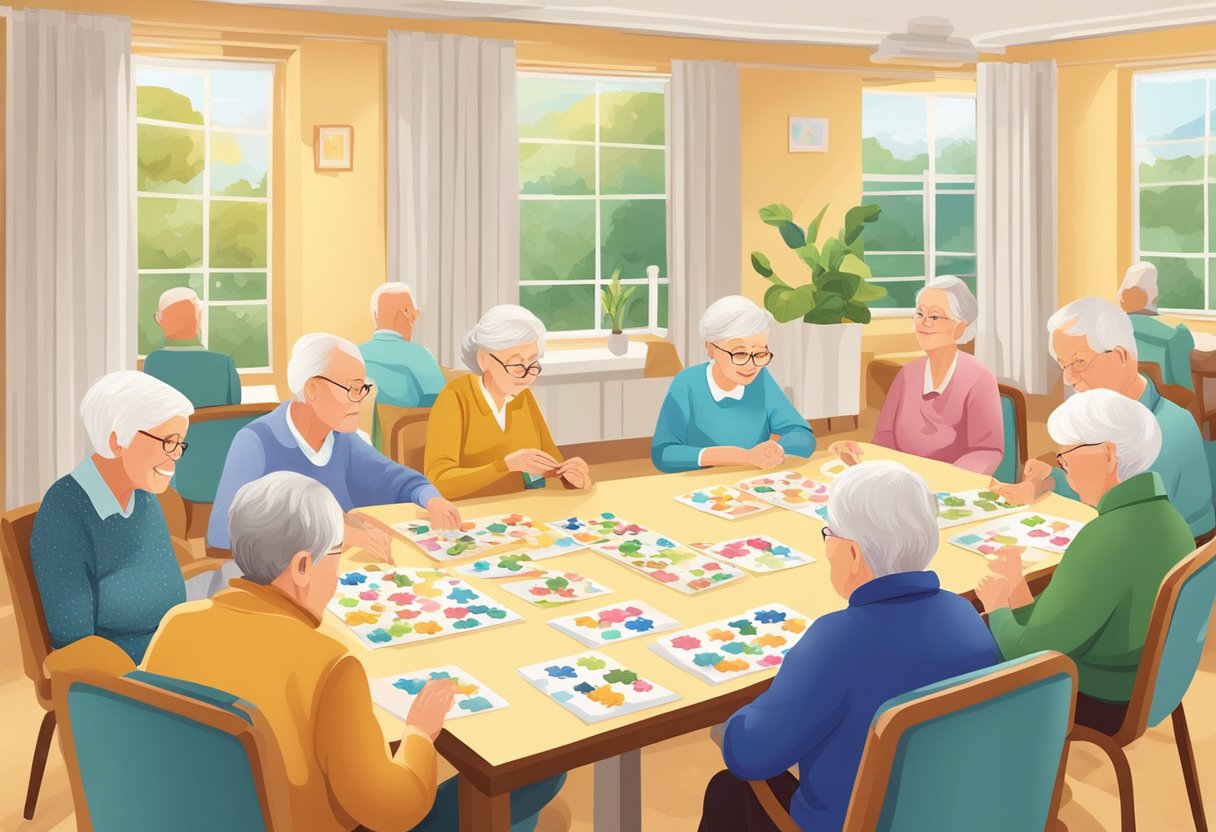These services will offer you an affordable and convenient solution for your loved ones to get around. Safe transportation is of utmost importance to seniors and everyone should avail of these services. Some of the HUD Sponsored senior programs also include transportation options.
When you know it’s time to stop driving?
According to some studies, seniors can drive as long as they can feel comfortable. Some seniors also believe that there are no alternative means of transportation. However, alternative transportation doesn’t mean that seniors need to drive, there are other facts that you should be aware of.
A person of 60 years needs 3 times more light compared to a person with 20 years of age. A 55-year-old person can take up to 8 times longer time to recover from a glaze. Colors seem to become more difficult for viewing as one age.
Depth perception and peripheral vision narrow as well during aging periods. Therefore, many seniors will attain an age where it will be nearly impossible for them to drive safely.
Different kinds of personal transportation for seniors
Here are some of the types of transportation suitable for elderly people.
Volunteer driver programs
These transportation systems are normally social programs associated with a bunch of volunteers. They gather around suburban communities, cities, or other senior hotspots and offer low-cost or sometimes even free transportation to seniors.
You can get off their services when going out for recreation, shopping, doctor visit, and other important needs. For more detailed information on these services and availability of the same, you may contact your nearest area agency.
Door-through-door type of transportation
In some rural communities, private transportation agencies offer services to elderly people. Above all, this service particularly benefits those individuals with wheelchairs, walkers and those holding grocery bags. As a result, they will pick you up from your location and later drop you at the same place after you have finished your activities for a time-based fee.
Paratransit service
Generally, these services are operated by both public and private transportations which have fixed bus routes or rail routes covering your area. If your loved ones have some disability or require a wheelchair, you should probably reach out for the nearest available Para-transit services.
There is a general rule that states buses or vans must have ADA facilities and run within three-forth of a mile from existing transport stations. These services must have the same schedule and don’t exceeds twice from the standard fares.
Supplement Transportation Programs (STPs) for seniors
In many metro and urban areas, different organizations operate which are community-based, low cost and funded independently for transporting senior people.
These programs are often rendered by volunteers who are funded through various grants or donations. They offer relatively economical and highly responsive on-demand transportation.
Public transportation
If you live in an area that has great access to public transportation, you are lucky. Public buses, trains, subways and other means of transportation can be a good choice for your loved ones. By the way, If they are still mobile and can walk a little distance, public transportation can be particularly helpful.
NEMT (Non-Emergency Medical Transportation)
You must be well aware that Medicaid provides NEMT medical services to and from your location. To qualify for this service, a senior must be eligible for Medicaid and have an invalid driver’s license.
Other conditions include, the household should not contain any working vehicle and the seniors have to wait for services alone.
The senior should be physically or mentally in-efficient to avail of the service. Remember, this type of transportation is only for medical appointments.
HUD-sponsored senior programs
Many housing programs also include public transportation for elderly people along with housekeeping, referral services, and counseling although this particular scheme was established by HUD in 1959 and called it the Section 202 program. Consequently, as a result, Seniors with 62 years of age and older having very low income are eligible for this scheme.
They will be provided with a single bedroom apartment, housekeeping, home-delivered meals, and healthcare along with transportation.
Conclusion:
The independent life of a senior is very important for a healthy being and transportation plays a big role in it. Subsequently, whether you have the ability to drive or don’t have, there is nothing to worry about. As a result, you must avail of personal transportation services.



